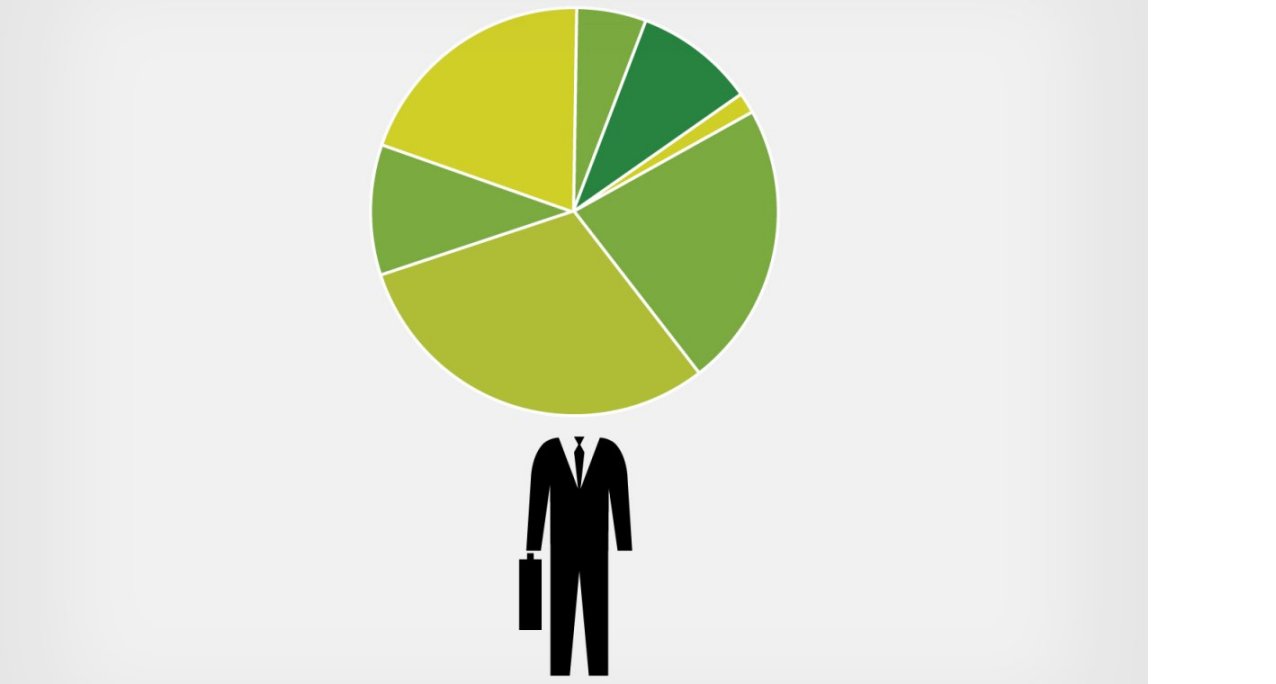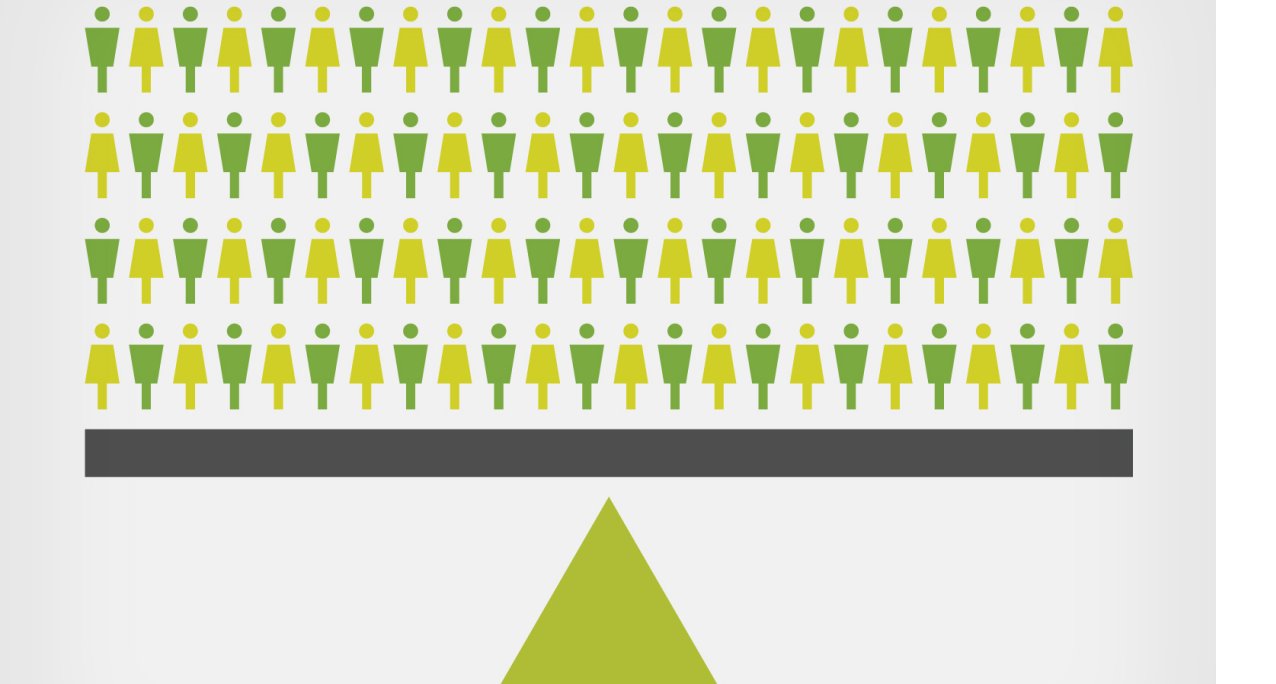Yesterday, the SNP published their election manifesto. Plans for full fiscal autonomy – now renamed “full fiscal responsibility” – remain as a medium term goal. But, the manifesto suggests that such plans would take “several years” to negotiate and implement. In the meantime, priority would be placed on moving beyond the recommendations of the Smith Commission with the devolution of corporation tax, National Insurance Contributions (NICs), and the welfare system.
In this Observation we examine what these plans would mean for the Scottish Government’s budget and powers, and the challenges involved in moving beyond them to reach full fiscal responsibility for Scotland.












